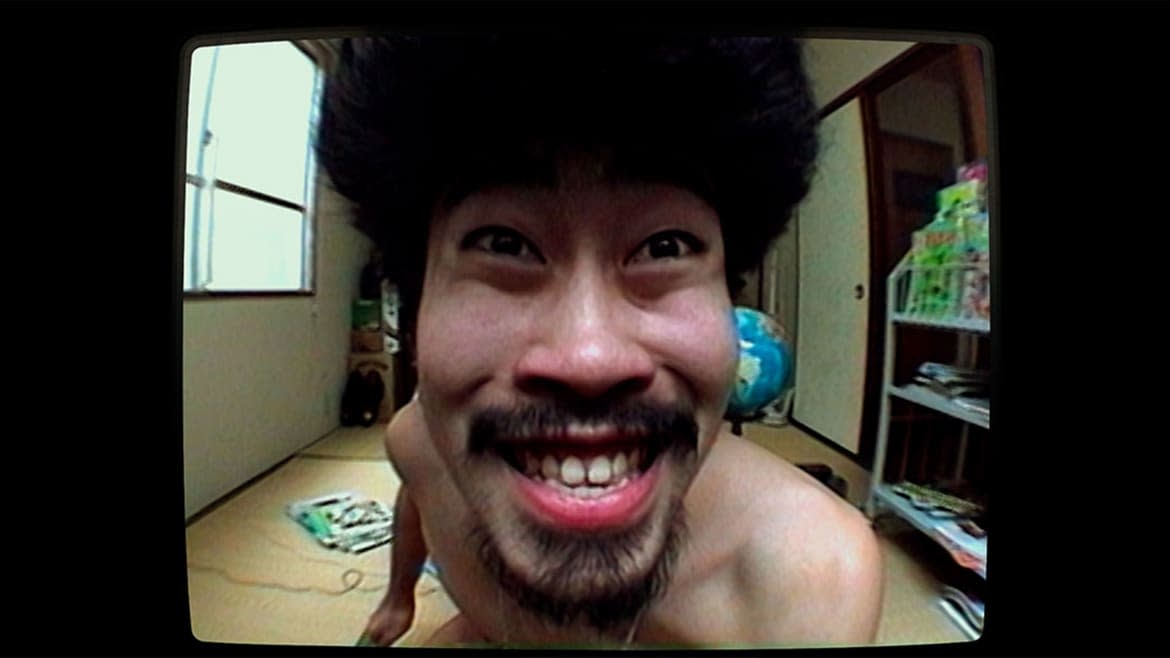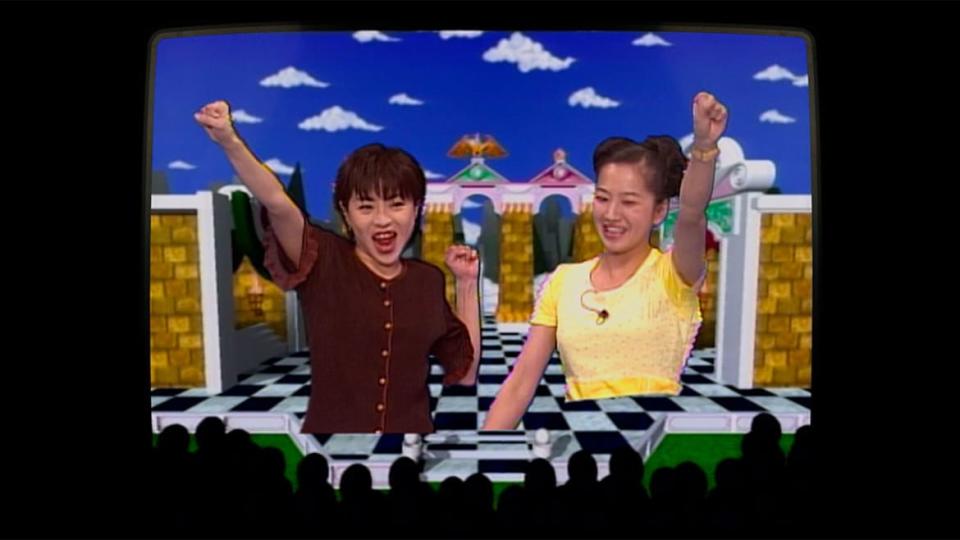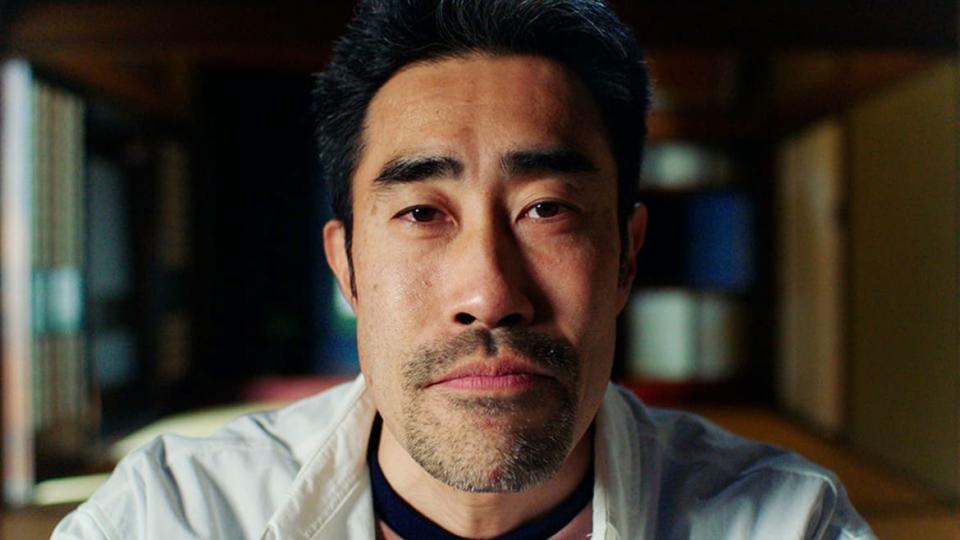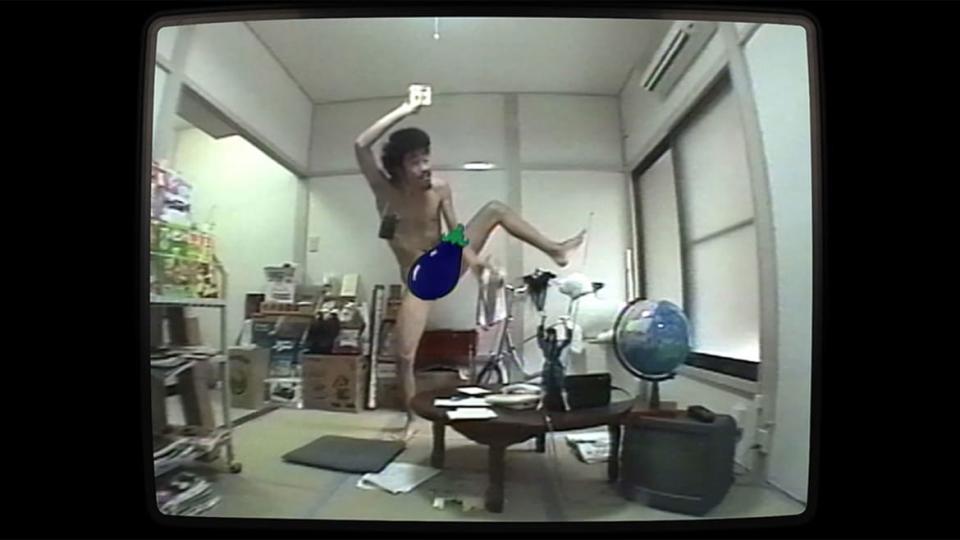The 1998 Game Show to Blame for Everything Wrong With Reality TV

Modern reality TV’s lineage can, in many ways, be traced back to Susunu! Denpa Shōnen, a 1998-2002 Japanese game show that made international headlines for its outrageous premise and dubious format. On the program, young aspiring comedian Tomoaki Hamatsu—known as Nasubi (i.e., eggplant)—was placed in a largely barren room, stripped of his clothes and personal belongings, and told that he could only leave once he’d accumulated $1 million yen’s worth of prizes earned from magazine mail-in sweepstakes.
The ensuing 15-month spectacle gripped national audiences and raised a host of ethical questions, and in writer/director Clair Titley’s absorbing documentary The Contestant (premiering at this year’s Toronto Film Festival), it reeks to high hell of abject cruelty—thereby speaking volumes about the ugliness of the program, its star producer, and the genre itself.
Nasubi’s nickname was a reference to his long face, which had led to considerable harassment as a child, and the fact that it became a central component of his screen persona—replete with his genitals being covered by an eggplant emoji (how prescient!)—marks Susunu! Denpa Shōnen as a large-scale form of bullying. Nasubi, however, didn’t at first realize that; stuck in his room and given his task (which involved writing hundreds of daily postcards to enter random prize draws), he was told that the material would likely never make it to air. Since, upon leaving his native Fukushima for Tokyo to embark on his entertainment career, he’d promised his parents that he’d refrain from getting naked, this was no doubt a relief to Nasubi—and thus one of the many ways in which he was actively misled.
A proto-The Truman Show that debuted five months before that celebrated film, Susunu! Denpa Shōnen was created by Toshio Tsuchiya, who like Nasubi reflects at length on this phenomenon in The Contestant. Nasubi viewed Tsuchiya as a “god” and therefore complied with his demands. In copious footage from the series (some of its narration rerecorded in English by Fred Armisen), he initially appears game for this craziness, breaking into ridiculous dances when he wins a prize (such as the giant bag of rice that helped him avoid early starvation) and expressing joy when a new delivery arrives at his door.
Nonetheless, being alone with a sole pillow to cover his private parts from cameras, and deprived of most useful and comforting resources, eventually took its toll on his mind and body. Nasubi became intensely lonely, after which he went a bit mad, all while clueless to what was going on in the outside world: namely, that he was now a Japanese celebrity watched by upwards of 30 million each week, his confined exploits cannily edited down by Tsuchiya and director Harutaro Kagawa into easily digestible form.

Speaking of digestion, Nasubi was soon reduced to subsisting on dog food, and if his willingness to stoop this low sounds nuts, it resonates (courtesy of his own recollections) as a byproduct of various forces: a willful refusal to quit; a hunger for stardom; and a state of mind that soon resembled that of a tortured POW. That Nasubi’s door was never locked, meaning he could ostensibly leave at any time (but didn’t), reinforces the notion that Susunu! Denpa Shōnen had somehow broken its subject. Consequently, when, after 11 months, he reached his goal and was rewarded with a trip to Korea to start the entire process over again—with Tsuchiya repeatedly and secretly (to Nasubi) moving the contest’s goalposts in order to keep the program going—he first objected and yet ultimately acquiesced, exacerbating his misery.

With a pained face and in a subdued voice, Nasubi candidly discusses the unhappiness, lonesomeness, and resultant thoughts of suicide that consumed him during production of Susunu! Denpa Shōnen, while Tsuchiya confesses that he was driven by a single-minded desire to push boundaries to their limits. The Contestant outs the Japanese reality show as a pioneering work of manipulative heartlessness, happy to put Nasubi through the ringer for ratings and, also, for spectators eager to chuckle at his mistreatment (and marvel at his cooperation in it).
In its attempt to elicit laughs at the expense of its protagonist, it recalls American Idol’s mean-spirited revelry in aspiring singers’ lack of talent. Still, its legacy extends to myriad subsequent reality-TV affairs that, in one way or another, hinge on exploitation (and/or self-exploitation), value celebrity as a worthy end unto itself, and encourage disreputable behavior from participants and smug jeering (often encased in ironic affection) from viewers.
The Contestant casts Susunu! Denpa Shōnen as a veritable Big Bang for our current shock-value pop culture, and not flatteringly; the contrast between the show’s female host giggling with excitement at Nasubi, and Nasubi chatting about the severe horror he endured, highlights the callousness of such ventures, which amuse and titillate by providing fundamentally disingenuous perspectives on their action. What is authentic in Titley’s documentary is Tsuchiya and company’s inclination to lie—to Nasubi, and to audiences—for their own selfish ends. Nasubi learned about the true nature of his ordeal on a live televised special that mistook maliciousness for hilarity, during which he instinctively stated, “That’s a bit wrong, isn’t it?” Afterwards, he also discovered that his diaries had been published without his consent, becoming bestsellers. In light of all this, it’s no wonder he felt that “I lost my faith in humanity.”

Clips from Nasubi’s post-Susunu! Denpa Shōnen press tour illustrate the show’s corrosive effect on his sense of self, and yet The Contestant has a final surprise up its sleeve. In the aftermath of the 2011 earthquake and tsunami that ravaged Fukushima, and then the 2015 quake and avalanche in Nepal, Nasubi used his notoriety to raise funds and inspire others by climbing Mount Everest, in the process understanding that selflessness, compassion and connecting with other people—the very things he’d been denied during his TV quarantine—were what brought him joy and purpose. That may sound like a hokey and contrived attempt at concluding things in happily-ever-after fashion, but in Titley’s empathetic documentary, it comes across as far realer than anything that happened during his 15 months in the unwitting spotlight.
Liked this review? Sign up to get our weekly See Skip newsletter every Tuesday and find out what new shows and movies are worth watching, and which aren’t.
Get the Daily Beast's biggest scoops and scandals delivered right to your inbox. Sign up now.
Stay informed and gain unlimited access to the Daily Beast's unmatched reporting. Subscribe now.

 Yahoo News
Yahoo News 
